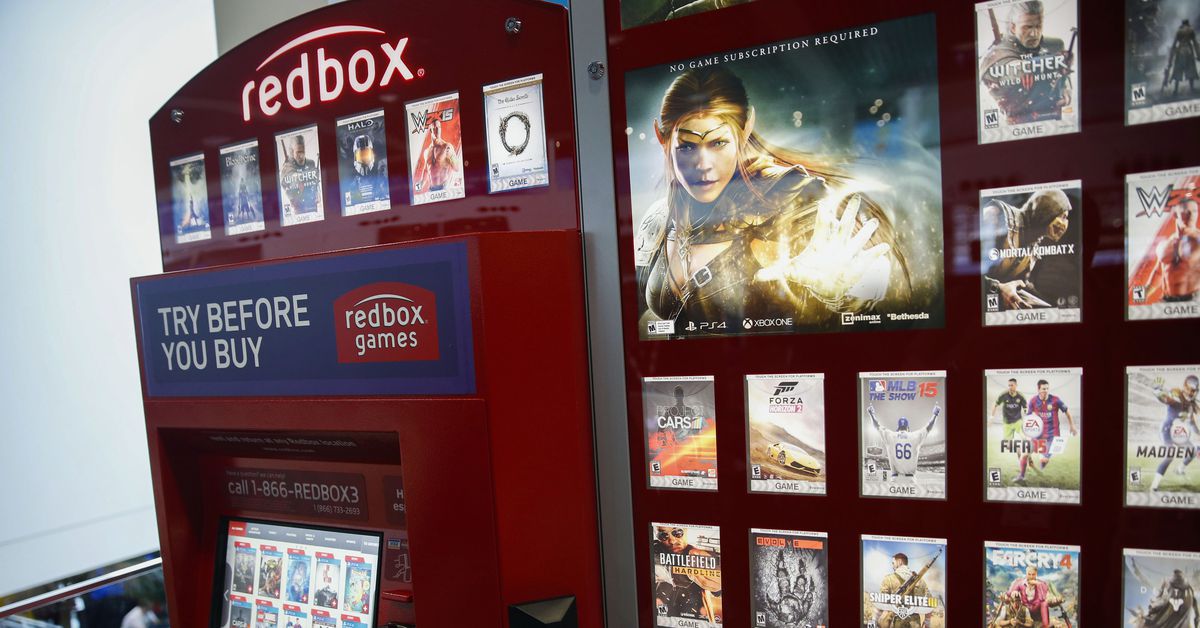informed employees of the filing late Friday […] that it had filed for a debtor-in-possession loan — a way for companies that are reorganizing after filing for bankruptcy to secure additional working capital to meet payroll. […] employees have been waiting for paychecks since June 21st […] it’s not certain that the company will be able to secure such a loan.
Chicken Soup took on $325 million in debt when it acquired Redbox in 2022 and has since been sued over a dozen times over unpaid bills.



Sad to see this for two reasons:
Physical discs and the rental model have always been a fallback against oppressive streaming licensing, and with so few video rental stores left it Redbox was the last one standing.
It sounds like they missed payroll for their workers. No worker deserves to have their finances thrown into chaos because an employer can’t manage their books.
I don’t doubt that rental companies have been squeezed harder and harder on licensing costs specifically to drive them out so the publisher-owned services take over
I’m not sure that was much of an issue for DVD. Historically VHS had those huge licensing terms for new releases ($90 for VHS), but the same rules didn’t apply to DVD (new releases $20). This was one of the main reasons VHS rentals died so fast after DVDs came out.
Also at least at one time, I remember Redbox was simply buying DVDs at retail stores instead of buying from retail stores for their disc inventory. I see that Walmart is listed as a creditor. That makes me think perhaps Redbox still was.
I’d wager walmart is listed because they weren’t paying their floor rent for all the redboxes they have at walmarts, not that they were buying DVDs there.
Thats a very good point.
One of the few good legal standards around bankruptcy is that unpaid wages to workers are actually, surprisingly paid out of assets prior to investors getting their cut.
I’ll agree that’s a good thing, but that depends on there being assets (likely in this case), but it also means workers may have to wait months or years before the bankruptcy proceedings are complete. That shouldn’t be a burden lower wage workers have to shoulder.
No and in a classic capitalist paradise, in the US state DOLs/BOLIs have emergency funds out of which they pay workers wages. For the capitalists who couldn’t. Privatize the gains, socialize the losses. Learned about that when a regional Thai restaurant chain went under, declared bankruptcy and then the state paid their workers. So messed up. Such a great reason to get corporate shielding so your “personal” gains aren’t subject to clawback.
Corporate law has to change, but unlikely as things are.
You can buy discs online.
Literally said “and rental” and was talking about rentals. Buying discs online isn’t much of a competition with streaming. Rentals are much more appealing for most media consumption as compared to purchases which are typically reserved for specific titles (often which were initially rented) where repeat viewing is intended. I liked physical rentals for quality and reliability. Certainly won’t switch to purchasing though now that redbox is going under.
Buying is at least enough that we should still get bluray pirate releases